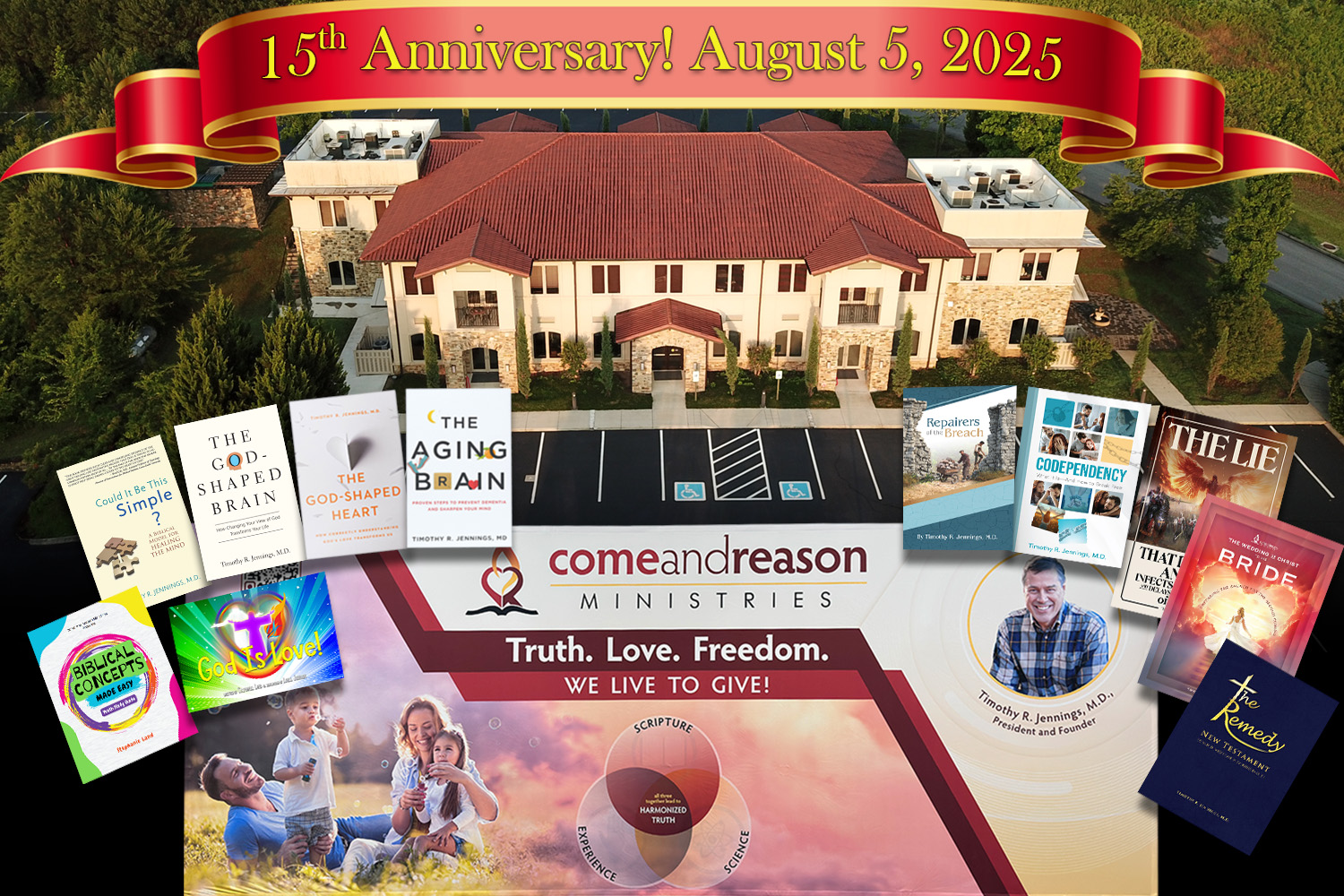We have all made bad decisions – the difference between mature, godly people and immature and/or ungodly people is not that the mature never make bad decisions and the immature and/or worldly never make good decisions.
The difference is that the mature will take responsibility for their bad decisions; will evaluate their choices; will identify what are unhealthy, destructive, decisions; and will learn from their mistakes, updating their decision-making so that they reduce and/or stop making the same bad decisions over and over again.
Further, the mature, having taken ownership of self, once having identified a choice that was unhealthy or harmful or wrong, will not only learn from it, but they will also seek to repair any damage their choice may have caused themselves and others – as far as possible and without making things worse.
The immature and worldly don’t do this. When they make bad decisions, they deny their responsibility, avoid looking at their role, make excuses, and often blame others. They quickly move on to some new activity to occupy their mind and distract themselves from thinking about their bad choices. Thus, they don’t learn – and they repeat the same bad decisions over and over again.
The reason for this pattern of unhealthy decision-making is often an inability to tolerate the emotional discomfort, embarrassment, hurt, rejection, guilt, or other negative experience that accompanies dealing with painful truth.
When we make a bad choice, the results can be emotionally, financially, relationally, or occupationally painful. Rather than immediately dealing with their choices to bring healing and repair damage as quickly as possible, some people instead run from the pain, the discomfort, and deny, distort, blame, make excuses, or distract themselves from the truth with entertainment or mood-altering substances. This typically leads to more damaging consequences and further immature decision-making; thus, they perpetuate the problem.
The underlying root to this destructive cycle is fear – fear of rejection, punishment, loss of status, position, wealth, esteem, or some other consequence. So the immature and worldly, rather than humbling themselves, acknowledging their own shortcomings, taking ownership, seeking to mature – and, thus, experience transformation – instead either don’t learn, or worse, they justify the bad decision-making as good decision-making and repeat it.
We can never avoid the truth; we can only delay the day we deal with it.
The mature have learned this; they have become lovers of the truth and seek to grow in truth at the earliest possible moment, as soon as they are capable. The mature choose to stand their ground and face the reality of their choices and learn from them.
One of the truths that the mature have learned to embrace is that they are not infallible and, thus, are subject to mistakes. They have not accepted a falsehood that perfection is about performance; instead, they know that perfection is about maturity. So they have formed characters with a view of self that accepts that they don’t know everything, that even when doing their best, they can make decisions that turn out not the be best. But they know that they are able and willing to learn, to assimilate new insights, to grow, to develop, to advance and, thus, their individuality is not built upon perfect performance, but a willingness to grow and mature as new truths are revealed and comprehended.
Such a person is a lover of truth and realizes that truth is unfolding, and so their hearts love new insights and eagerly seek to grow in the truth. They don’t fear to discover new ways of doing things or understanding things; in fact, they are excited about it.
So here are some general guidelines to help you grow toward healthy decision-making:
- Use your God-given reasoning ability united with a clear conscience.
- Always be prayerful, surrendering your life to God and asking the Spirit of truth to enlighten you, giving you wisdom and discernment in your decision-making. Ask God for evidences as to what course is within His will. Be patient, study, reflect, and reason things out.
- Ask for input from wise and mature counselors – but do not surrender your decision-making to others. You must filter their input through your own judgment – every person must be fully persuaded in their own mind (Romans 14:5).
- This is one of the problems for many in bad decision-making – they fear making a mistake and, thus, they seek some other mind, some authority – pastor, doctor, parent, or friend – to tell them the answer, to tell them what to do. This relieves them of the burden of decision-making and allows them to blame the other party when it doesn’t work out. But such people never mature and live in fear and doubt.
- Understand God’s design laws. Failure to understand the basic laws upon which reality works leads to bad decisions even with good motives. The doctors who bled and leached George Washington when he had pneumonia sought to heal, but they didn’t understand basic laws of health and made bad decisions even though their motive was seeking to save.
- Ask what is right (morally first, legally second), healthy, and reasonable and make decisions that are right, healthy, and reasonable.
- Allow feelings to be information that you evaluate, but don’t make decisions based solely on them. Require your feelings to be processed through your good judgment, examining the evidences and principles involved.
- Feelings of discomfort about a decision should be given more weight than positive feelings about it. In other words, allow feelings of discomfort to cause you to pause, reflect, consider, and evaluate so that you avoid an impulsive decision. Use your wisdom to temper feelings of eagerness.
- In the aftermath of a choice, be open to new information and reassessment and making a new choice, even reversing course, if the new information supports that a new course of action is healthier.
- When you realize that you have made a bad choice, own it, learn from it, examine where the decision-making process needs to be improved, bring to bear new methods, and seek to repair any damage previous bad decision-making has caused – being sure not to make matters worse.









 using your credit or debit card (no PayPal account needed, unless you want to set up a monthly, recurring payment).
using your credit or debit card (no PayPal account needed, unless you want to set up a monthly, recurring payment). instead?
instead?